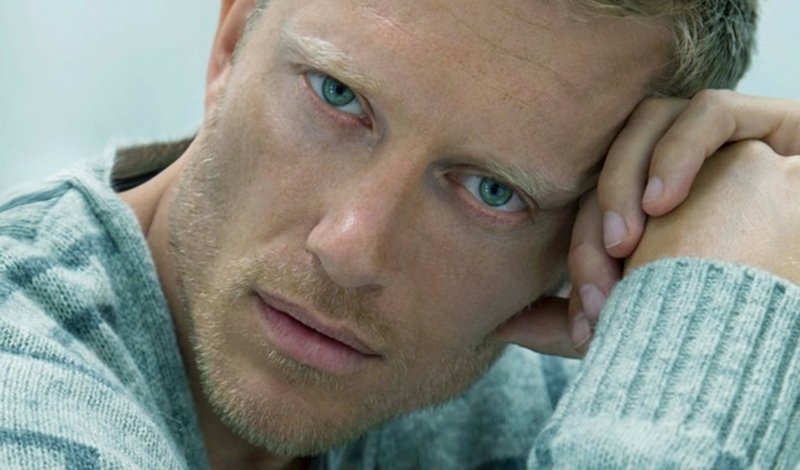Actor Neil Jackson’s Quarantine Diary
Neil Jackson is a British actor and writer known for his roles in Bond’s Quantum of Solace, Push with Chris Evans and Dakota Fanning, Amazon’s crime thriller Absentia and, most recently, DC Universe’s Stargirl. He’s worked alongside such acclaimed filmmakers as Robert Zemeckis, Oliver Stone, Woody Allen and Tom Ford. When not acting, writing and producing, Jackson often pursues his other passion, music.
We’re nearing the end of the fourth week of isolation here in Vancouver, and it’s been quite an emotional dance for me. When it all first hit, I honestly wasn’t that affected by it, as my initial experience with COVID-19 wasn’t too dissimilar to the life of an out-of-work actor. No work? OK. No auditions? Fine. Just a long day to fill in a way that makes me feel at least slightly productive when I eventually settle down in front of the TV at the end of it.
But then I hit a wall. Toward the end of last week, I felt the cloud of depression closing in. I’ve lived with depression my whole life, so it’s not something I’m a stranger to. But suddenly, many of my usual coping mechanisms were gone. I couldn’t sit with friends or go for dinners or exhaust myself in a fitness class or even lose myself in a movie at the cinema. I felt trapped, and a slow sense of panic was building.
And so, not being able to distract myself from it, I decided, instead, to lean into it. I called my mum back in the U.K. and shared with her how I was feeling. And what happened next surprised me in the most beautiful way. She listened to me as I shared my struggles and then she told me that she had been in tears earlier that day, just on her sofa sobbing for no apparent reason. It broke my heart thinking of her alone like that, but her story also gave me comfort. It made me feel less alone, and she, too, said that she felt better for sharing. I then called my friend in Oregon, and he shared his own feelings of loneliness and depression. I called a colleague in L.A., and he said that he’d been feeling heavy and sad all week.
What I quickly realized is that, although we may be alone in our own homes, locked away from the people we care about and love, we are not alone in our experience of this pandemic. The isolation, the fear, the insecurity that comes from not knowing — it affects us all in different ways, but it still affects us.
I now find that I spend a large part of my day on the phone: to my family in the U.K., and my father in France, to my friends in London and Sydney and Los Angeles and Vancouver. We talk in a way that we really never have before — without an agenda, without a time constraint or a specific purpose. Just talking, sharing our experiences of this crazy time and supporting one another through it. It’s ironic that in a time of isolation, I have found myself drawn closer to my friends and family. And that, even though I can’t physically be with them, I can hug them in other ways — through being there for them and by having them be there for me.























































































